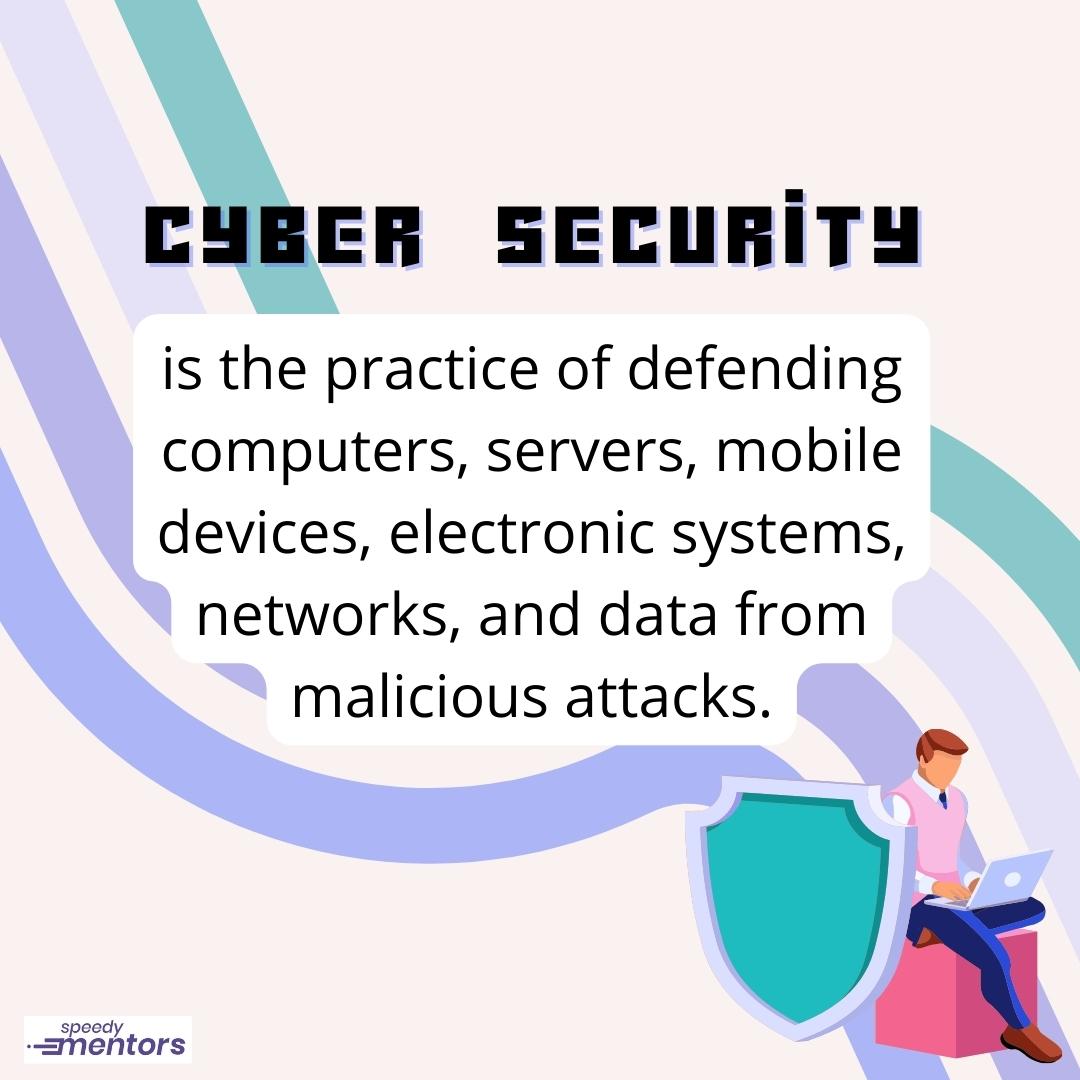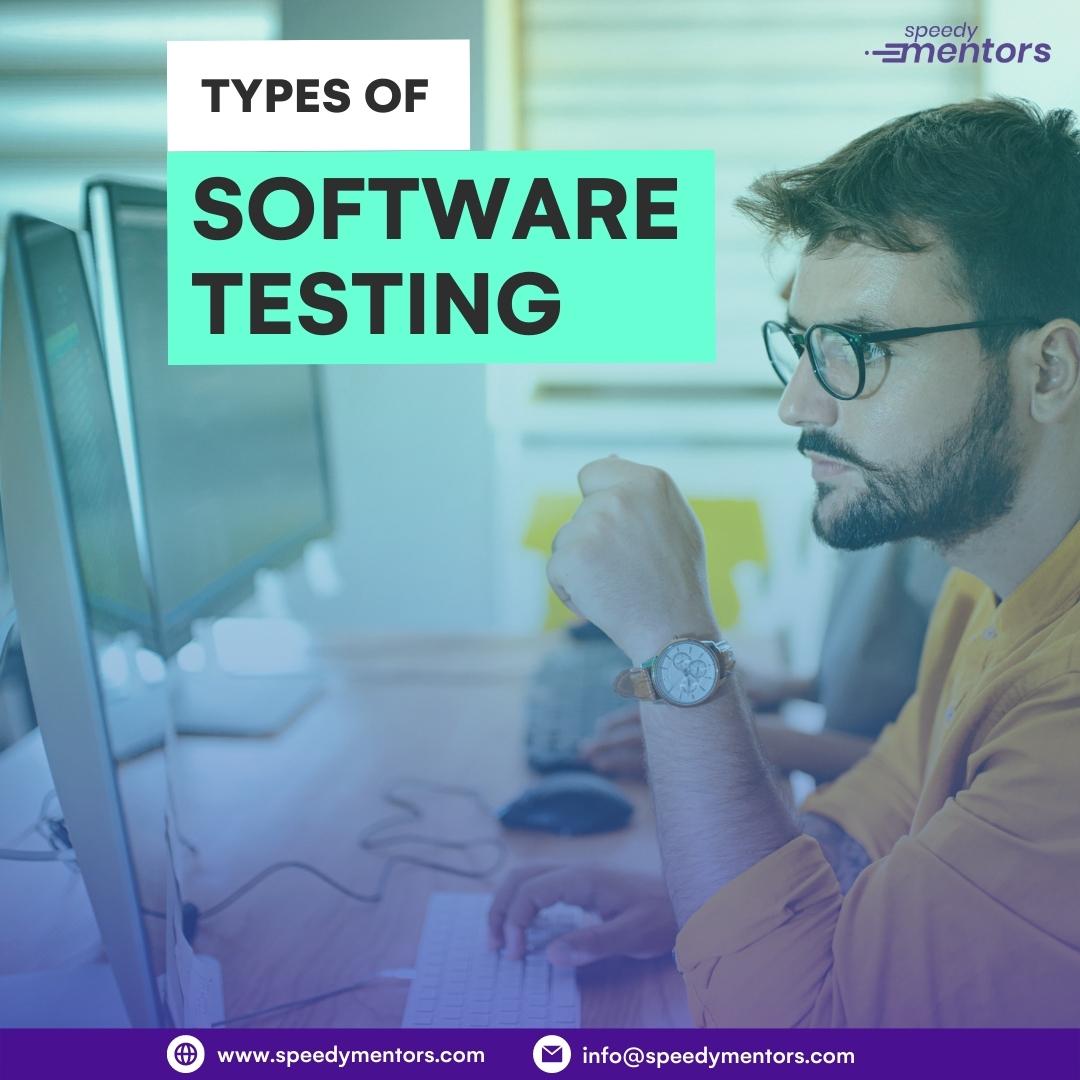
Changing Careers at 40 into Tech: What You Need to Know and Do
![]()
![]() 3 yrs ago
3 yrs ago
Switching to a Tech career at age 40 is a bold decision that comes with its own set of challenges. Yet, it is sometimes necessary to make changes that can positively impact your personal and professional life.
If you have been pondering about this for some time now, chances are, you no longer see yourself growing in your current career or are not happy with where things are going in the workplace. It is also likely that your priorities, values, and needs have changed, and the job you hold now does not align with them anymore. These thoughts and experiences can leave you desiring change, but you might also feel that it is too late to go for it.
Cliché as it might sound, it iss never too late. Sure, your journey to a career change at 40 will not be easy. But if you are willing to put in the effort, it is doable. After all, wouldn't it be more difficult to stay in a job where you are simply drifting each day and where you have emotionally checked out long ago?
We know the challenges of a career change no matter how well you prepare for it. However, we have also seen people who successfully went through the motions and are now in a career they enjoy doing. Thanks in part to the mentorship and career coaching they have received. Here at Speedy Mentors, we have expert mentors who can guide and support you in your career change. Tapping into their own experience and expertise, they can work with you in assessing your skills, narrowing down your options and improving your chances of getting hired.
If you are not yet ready to seek a tech mentor’s help, perhaps this article can give you a walkthrough on what you can do to begin a new career at 40. With this, you will be able to learn:
· What is good and what is challenging about changing careers at 40.
· How to make the change.
· How mentoring can go a long way towards improving the outcome of your career change at 40.
Let’s jump right into it.
What is good and what is challenging about changing careers at 40?
When trying to decide whether or not to change careers at 40, knowing the positives and negatives is a good first step that can help you make an informed career choice. This is because you will know the strengths you can bank on once you begin the process and at the same time determine what you will be up against along the way.
What is good about changing careers at 40?
When you turn 40, you already have a clear idea about what you want to accomplish both in your personal and professional life. Maybe it is a job that will give you a work-life balance or a role where you can fully utilize your existing skills set and learn new things as you go. This sense of clarity gives you confidence in your ability to take on whatever difficulty that might come your way.
Additionally, if you plan on retiring at the age of 65 (or probably more), you still have more than two decades in your working years. Even if you spend a couple of those for training to upgrade your skills and preparing yourself to assume a new working identity, you still have a lot of years left to engage in a career that can give you a higher level of satisfaction and a sense of accomplishment. The point is: at your age and with your experience, you are wiser in choosing a career that is right for you.
What is challenging about changing careers at 40?
At 40, your financial responsibilities may not just be limited to yourself. If you have a family, you have a variety of expenses to manage, including mortgage, food, healthcare, and your children’s tuition, among others. These can make your transition to a new career more challenging.
Also, since starting a new career could mean learning new skills, taking time off from work to do some preparations, and possibly taking on a lower pay grade, it is likely that you will have additional expenses to worry about. This may lead you to tap into your savings to cover the costs, until such time that you are able to repay them, which could take longer than you might expect.
Basically, a mid-life career change’s biggest drawback is the financial uncertainty it can bring. But, before you are deterred by this, know that making the change now can also bring positive outcomes that can make all your sacrifices worthwhile. You just need to think things through to get everything right.
How to make the change.
Like many people making career changes in their 40s, you probably think that it means starting from square one. The truth is, you can work on what you already have to engage in this endeavour and successfully walk away from it with a new job on hand. Here are some tips you can follow to make the change.
Assess yourself
As mentioned earlier, your priorities, values, and needs change as you age, and so are your interests and aptitudes. This makes it important to undertake a self-assessment so you can gather information about yourself that can help you make an informed decision.
Some questions you can ask yourself include:
Do I feel satisfied in my current role?
What are the things I like and dislike about my current job?
Is it important for my next work to involve interacting with other people?
What skills do I have that can help me stand out and what specific areas do I need to work on?
Am I willing to spend time acquiring more advanced or new skills?
While going through a self-assessment process, it is also crucial to look into other factors that can have an influence in your choice of career. For instance, consider your financial responsibilities. With your current expenses, can you afford to take time off work and pay for training? If you have a family to care for, putting off work to train may not be something that you want to do right now.
Remember that a self-assessment is the first step towards having a solid career plan. It can also help narrow down your career options based on your assessment results.
Know your experience and transferrable skills
One of the best things about making a mid-life career change is that you are more experienced and skilled compared to when you were in your 20s and 30s. You may not have thought about it, but the hard and soft skills you acquired in your previous occupation whether using spreadsheets, managing customer relations, or planning and implementing marketing campaigns may prove to be useful in another role. With that in mind, consider finding jobs that align with your existing abilities. Doing so will help you transition more quickly or even possibly without taking a steep pay cut.
Arm yourself with information
Once you have a list of careers that are a good fit for the traits, experiences and abilities you have, it is time to do some exploration.
Although your list contains careers that appear to be suitable, do not go around randomly picking one and sending out your application. Instead, gather as much information as you can to understand the characteristic of each occupation, which will give you a better idea to choose the best one for you.
Start out with the basics to further whittle down your list. Look at the job description, job outlook, median salary and educational and training requirements. Once you complete your preliminary fact-finding, sit down and make comparisons. You will find that some occupations have duties that you do not like, while others have requirements that are beyond what you can provide. Either way, remove them from your list. As a rule of thumb, you want to keep jobs that not only suit your abilities but will provide a salary that can cover your expenses and will enable you to do the things you love.
Apply and put your best foot forward
After completing your research, you will be left with a list of about 3 to 5 careers. You may continue to delve deeper into the ones that made the cut until you are able to pick the career that is best for you. From there, you can start sending out applications.
To increase your chances for success, consider taking these tips to heart:
· Tailor your CV to your new prospective career, making sure that it aligns well with the job description of the position you are trying to pursue.
· Write a compelling cover letter that fills the gaps in your CV.
· Stay active on LinkedIn. Optimize your profile and establish professional connections with people who may be able to help in your career transition.
· Work on your skills even while at home. There is an abundance of online resources (e.g. courses and certifications) that you can use to upskill, which in turn can raise your qualifications and make you more attractive to prospective employers.
· Get referrals from people you have worked with to validate your competencies and work ethic.
How mentoring can go a long way towards improving the outcome of your mid-life career change.
Changing careers is difficult no matter what age you are in, but doing it at 40 becomes even more difficult with the additional challenges the process brings. You have to compete with younger people for roles you may have no experience in, exert time and effort to upgrade your qualifications, or even take a steep pay cut that can impact your finances. With all these, you might think that it is too big of a risk to change careers at your age. But, know that it is an endeavour many have taken before and got out of successfully, and that just proves you can do it too.
If you have decided to take the leap, having a mentor can do wonders for your career change journey. Finding and connecting with someone who has “been there and done it” can provide you with valuable insight and advice on developing and executing a solid career plan, understanding your career options, improving your job search prospects and preparing for interviews.
Speedy Mentors can give you access to talented career mentors who will be all ears to listen to your concerns and are ready to provide solutions, encouragement and motivation that will help you transition to the right job even at 40. Find your mentor now and switch tracks in mid-life with ease.
Recent Articles

How to Land a Project Management Role With Little to No Experience
If you’re looking to lan...
![]() Dec 28, 2022
Dec 28, 2022

How Do I Land a Role as a Data Analyst with a Very Little Experience?
Are you an aspiring data analy...
![]() Dec 19, 2022
Dec 19, 2022

The Benefits of Gaining Work Experience in the Field of Cyber Security
With the ever-increasing deman...
![]() Dec 16, 2022
Dec 16, 2022

How Work Experience Can Help You Land a Software Tester Role
As software testing becomes an...
![]() Dec 15, 2022
Dec 15, 2022

Business Analyst Roles: Why Work Experience Matters
Business analyst roles are in ...
![]() Dec 14, 2022
Dec 14, 2022

Reasons Why Work Experience is Important When Applying for a Project Manager Role?
It is clear why having work ex...
![]() Dec 13, 2022
Dec 13, 2022

The Importance of Work Experience for Data Analyst Role
Data analysts are an important...
![]() Dec 12, 2022
Dec 12, 2022
How Can You Build Work Experience as Cyber Security Analyst Through Online Internship Program?
Cyber security analysts are in...
![]() Dec 09, 2022
Dec 09, 2022

How Can You Get Work Experience as a Software Tester Through an Online Internship Program?
Software testers are in high d...
![]() Dec 08, 2022
Dec 08, 2022

How Can You Acquire Work Experience as a Business Analyst Through Online Internship Program?
Business analysts play an esse...
![]() Dec 06, 2022
Dec 06, 2022

How Can You Gain Work Experience as a Project Manager Through Online Internship Program?
As the world increasingly move...
![]() Dec 05, 2022
Dec 05, 2022
How Can You Build Work Experience as Data Analyst Through Online Internship Program?
Wondering how you can get star...
![]() Dec 01, 2022
Dec 01, 2022
.png)
Be a Mentor Online - Get Paid for Your Experience and Expertise
Mentoring is more important th...
![]() Apr 15, 2022
Apr 15, 2022
.png)
What is the Purpose of Mentoring?
Mentoring is receiving a lot o...
![]() Mar 28, 2022
Mar 28, 2022
.png)
How to Become a Cyber Security Expert
Cyber criminals are getting mo...
![]() Mar 24, 2022
Mar 24, 2022
.png)
How to Become a Game Developer
In 2021, the gaming industry w...
![]() Mar 11, 2022
Mar 11, 2022
.png)
Why You Need a UX Design Mentor
Whether you want to develop yo...
![]() Mar 07, 2022
Mar 07, 2022

How Do I Become an Expert in Data Science?
Data science is shaping the fu...
![]() Mar 02, 2022
Mar 02, 2022

How Do You Build Expertise in Machine Learning?
Machine learning has come a lo...
![]() Feb 17, 2022
Feb 17, 2022

Benefits of Mentoring Programs in the Workplace
Meeting employees’ individua...
![]() Feb 15, 2022
Feb 15, 2022

How Do You Gain Expertise in Java?
There are a lot of programming...
![]() Feb 11, 2022
Feb 11, 2022
Top Digital Marketing Skills to Learn to Make Yourself Employable
Digital marketing is proven ef...
![]() Feb 07, 2022
Feb 07, 2022

How to Ask Someone to be a Mentor
The benefits of mentoring are ...
![]() Jul 09, 2021
Jul 09, 2021

Getting Interview Coaching to Ace Your Job Search
Interviews are an important pa...
![]() Jun 21, 2021
Jun 21, 2021